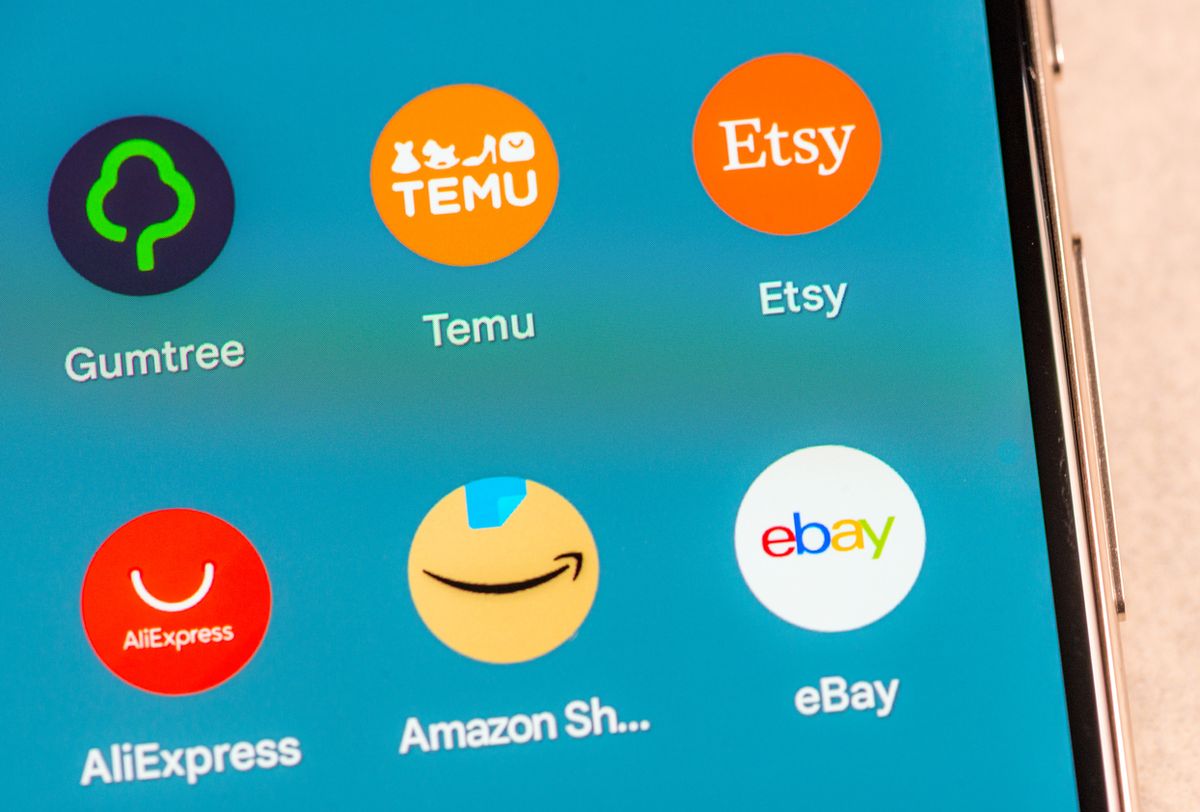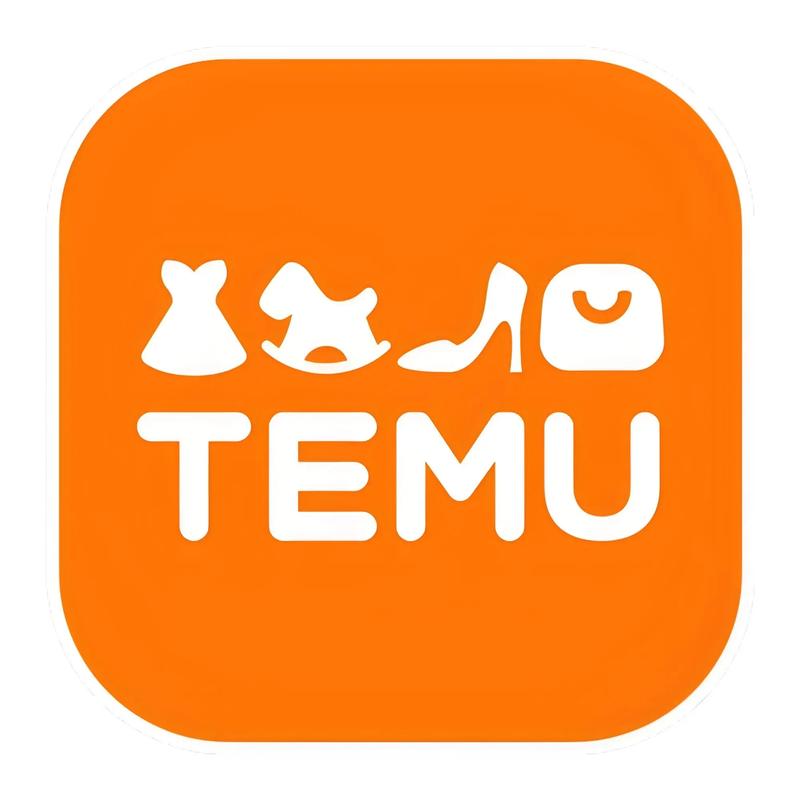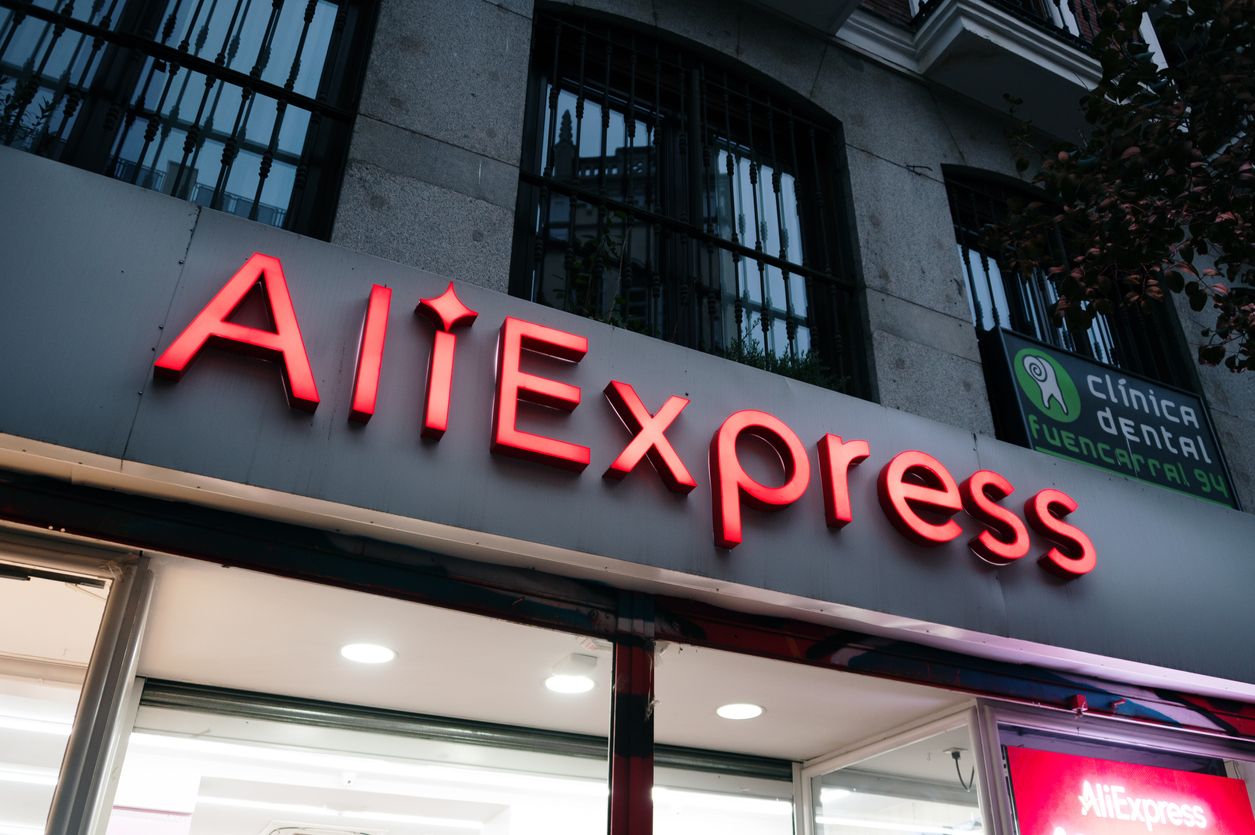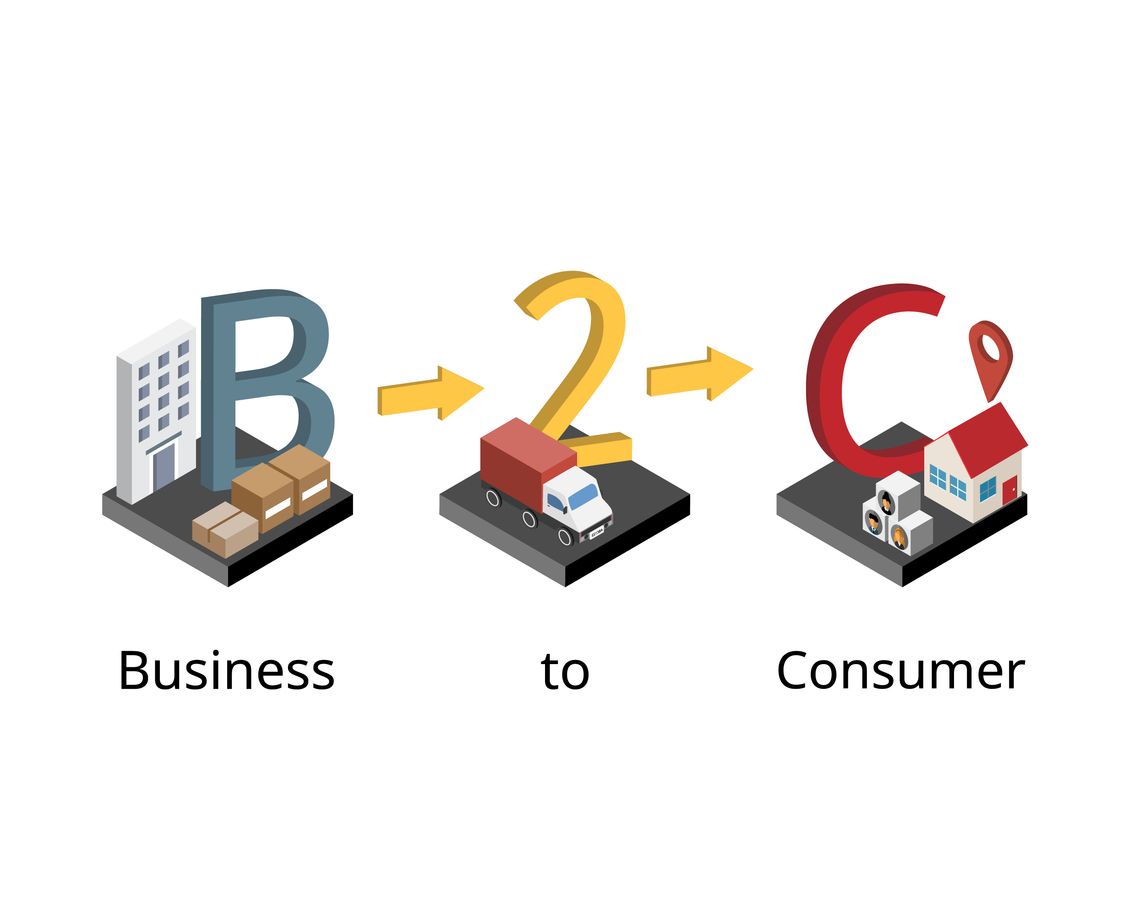What is the Difference Between Temu and AliExpress?
Online marketplaces like Temu and AliExpress have garnered widespread attention from both casual shoppers and businesses. While both platforms offer a wide range of affordable products, their business models, user experiences, and logistics differ in many ways.

In the rapidly expanding world of e-commerce, online marketplaces like Temu and AliExpress have gained significant attention from both casual shoppers and businesses. While both platforms offer a wide range of affordable products, their business models, user experience, and logistics differ in many ways. This article will explore the differences between Temu and AliExpress to help consumers and businesses determine which platform best suits their needs.
1. Overview of Temu and AliExpress
Temu is a relatively new entrant to the global e-commerce space, operated by PDD Holdings, the parent company of Pinduoduo. It focuses on social commerce, leveraging group purchases to offer steep discounts on a variety of products. Temu's platform is primarily designed to target customers who prioritize affordability and enjoy group-based shopping experiences.

On the other hand, AliExpress is a well-established B2C (business-to-consumer) marketplace owned by the Alibaba Group. Since its inception in 2010, AliExpress has gained a global presence and is known for its vast product range, connecting millions of small businesses with customers worldwide. This platform caters to a more traditional e-commerce model, allowing individuals and businesses to purchase goods directly from manufacturers and sellers.

2. Differences in Business Models
One of the most notable differences between the two platforms lies in their business models.
Temu’s Social Commerce Model:
Temu emphasizes group buying, where customers can join group deals and receive products at a much lower price. This model encourages social interaction and leverages the power of community-based shopping to drive down costs.

AliExpress’s B2C Marketplace Model:
AliExpress operates as a traditional B2C platform, where businesses list products for individual buyers. The platform supports small businesses looking to reach global customers and allows them to sell in bulk. AliExpress is also popular for those involved in 1688 dropshipping and Taobao dropshipping, where businesses source products for resale.

3. Product Variety and Selection
Both platforms offer an extensive array of products, but AliExpress takes the lead in terms of variety.
·Temu primarily focuses on everyday consumer goods, such as electronics, fashion, and home essentials, often emphasizing affordability over product diversity.
·AliExpress, in contrast, features a vast catalog that ranges from household items to industrial equipment, making it ideal for both individuals and businesses looking to source products in bulk. With 1688 shopping and shop 1688 options available, AliExpress connects buyers with a broad selection of manufacturers.
For businesses engaged in supply chain sourcing or sourcing solutions, AliExpress offers extensive options. Companies can source products from various categories, and with the platform’s large-scale seller network, businesses can find reliable suppliers for specific needs.
4. Shipping Times and Delivery Options
Another critical difference between Temu and AliExpress lies in their shipping strategies.

·Temu provides faster shipping, especially for U.S. and European customers, thanks to its use of local warehouses. Temu’s shipping times are often shorter than AliExpress, with delivery times typically ranging from a few days to a week for certain regions.
·AliExpress shipping times can vary significantly, as many products are shipped directly from China. While standard shipping may take longer, AliExpress offers several expedited options, such as AliExpress Standard Shipping or third-party logistics providers like DHL for faster deliveries. However, businesses utilizing AliExpress for global logistics and supply chain management may face longer delivery times compared to Temu.
5. Pricing and Discounts
When it comes to pricing, Temu is often viewed as more aggressive in offering steep discounts, thanks to its group-buying model. By joining a group purchase, shoppers can enjoy significant price reductions on various products. This model makes Temu highly attractive for consumers who are price-sensitive.

On AliExpress, prices are competitive, but they vary widely depending on the seller and product. Discounts are still available, but not typically as deep as those found on Temu. AliExpress often hosts seasonal sales events and offers discounts to bulk buyers, which can be advantageous for businesses in 1688 dropshipping Shopify or WooCommerce dropshipping.
6. User Experience
Both platforms provide distinct user experiences tailored to their target audiences.

·Temu focuses on simplicity, providing an easy-to-navigate interface that caters to casual shoppers looking for quick and affordable deals.
·AliExpress offers a more feature-rich experience, with options for product comparisons, detailed seller ratings, and bulk buying features. This makes it particularly useful for businesses and professionals such as ecommerce managers, sourcing specialists, and supplier agents who require detailed information before making large purchases.
Additionally, tools like Taobao image search, Taobao reverse image search, and picture search Taobao have enhanced the product search experience on platforms like AliExpress, enabling buyers to find products more efficiently.
7. Which Platform is Better for Your Needs?
For Casual Shoppers:
Temu may be the better choice for those who prioritize fast shipping, low prices, and a straightforward shopping experience. Its group-buying model makes it ideal for consumers who want to save money on everyday products.
For Businesses and Bulk Buyers:
AliExpress is the clear winner. With its vast product selection, bulk buying options, and connection to a broad network of suppliers, it’s an excellent platform for businesses engaged in manufacturing sourcing or global logistics tracking. Additionally, the integration with dropshipping services such as Taobao Shopify and 1688 dropshipping makes AliExpress a valuable tool for e-commerce businesses.
Conclusion
In summary, while both Temu and AliExpress are valuable e-commerce platforms, their differences make them suitable for different audiences. Temu is designed for casual shoppers looking for group deals and fast shipping, while AliExpress caters to a broader range of users, including businesses looking for bulk buying and international product sourcing. Depending on your needs, either platform could be the perfect fit for your next online purchase or business venture.
If you're an e-commerce business or a sourcing professional, consider using BuckyDrop as a solution for managing orders, shipping, and product sourcing from platforms like Temu and AliExpress. BuckyDrop offers streamlined logistics and support for businesses, enabling you to optimize your global supply chain with ease.



